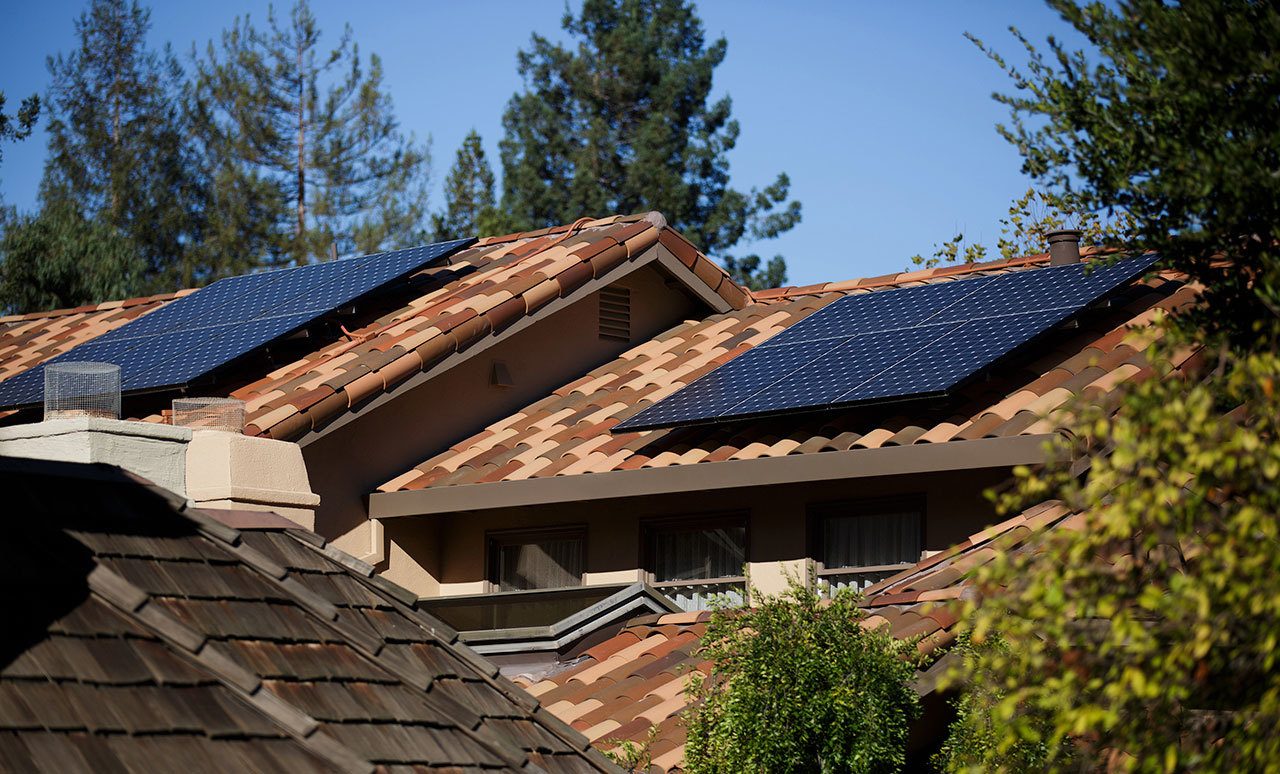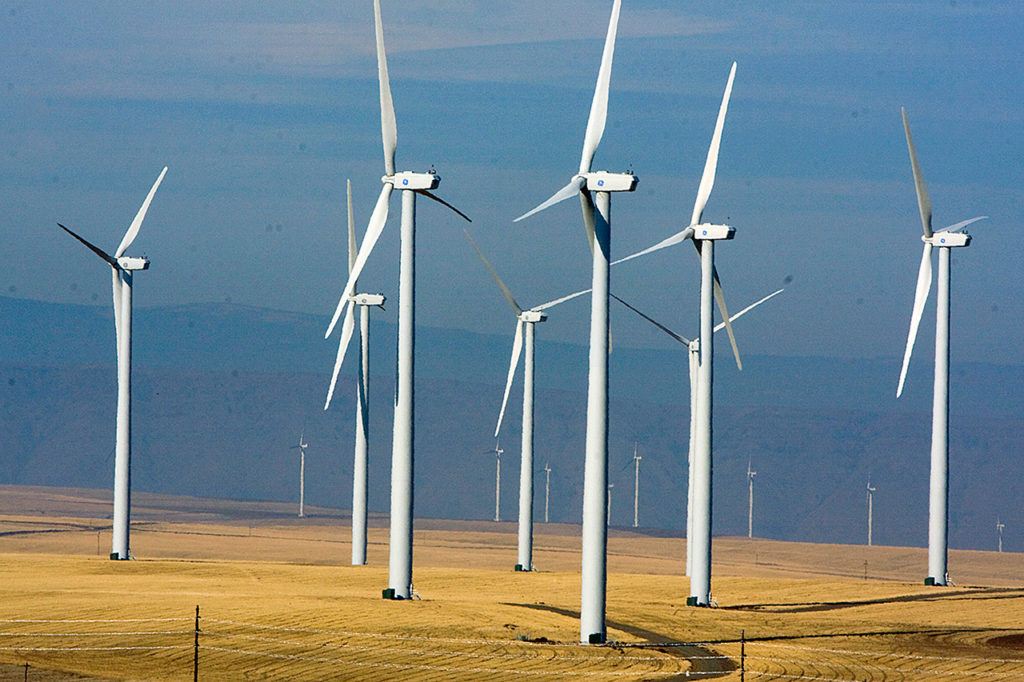By The Herald Editorial Board
Ten years ago, Washington state voters, recognizing the imperative need to address climate change and cleaner air, passed Initiative 937, which requires the state’s electrical utilities to use renewable resources for a portion of the electricity they provide to their customers.
Many utilities, public and private, balked. But since passage those utilities have been able to meet the initiative’s requirements. The portion of renewable energy that utilities provide has increased incrementally. Initially, utilities had to provide at least 3 percent of their loads from renewable sources by 2012, increasing to 9 percent by 2016. The requirement increases to its maximum level of 15 percent on Jan. 1, 2020.
Snohomish Public Utility District, for example, met its 9 percent renewable target for 2016, using a combination of wind, solar, biomass and even landfill gases or credits for those renewable sources. (Hydropower, while a renewable resource — and one heavily relied upon in the state — does not count toward a utility’s renewable requirement under the initiative.)
Despite predictions that the initiative would result in drastically higher electricity costs for residential, commercial and industrial customers, the state’s average retail price for electricity, according to data from the U.S. Energy Information Administration, rose by less than the rate of inflation for the eight years after the law was enacted. During that period, Washington state went from being the state with the seventh-lowest electrical cost to the second lowest.
As wind and solar technologies continue to advance and become more cost-effective, environmental groups and some lawmakers now want to build on that success by expanding the law’s reach to apply to all of the state’s electrical customers.
The Clean Energy First Act, House Bill 1334, would expand the renewable energy requirement to the state’s smaller utilities, those with fewer than 25,000 customers. Currently, the law applies only to utilities, such as Snohomish PUD, Puget Sound Energy and Seattle City Light, with more than 25,000 customers.
The act also would require renewable sources be used as utilities add capacity, preventing the use of fossil fuel-generated electricity, waste incineration and some hydroelectric as new sources. An exception would be made so that utilities could comply with mandatory standards for electrical power reliability.
The act also would require utility customers to pay a per-kilowatt charge to the utility to help fund conservation programs. The rate would be set by the state Utilities and Transportation Commission for private utilities and by the board of commissioners for individual public utilities.
During a Jan. 26 House Technology and Economic Development Committee hearing, some lawmakers and others shared their concerns regarding the legislation, including the ability of smaller utilities to meet the requirement, reliability of power supplies and the hidden carbon footprint of some renewable technologies because of the “rare earth” elements that they use.
Rep. Norma Smith, R-Clinton, who serves on the committee, has been a champion of finding alternatives to rare earth elements and was a leader in establishing a research program at Everett’s Washington State University North Puget Sound to develop those alternatives. We encourage that effort but believe that greater development of wind, solar and battery storage technologies can’t wait until rare earth alternatives are found.
Regarding energy reliability and the complexity of meeting the requirement for smaller utilities, amendments to the legislation should be able to address those concerns.
Washington state has made advancements in the amount of wind and solar energy it uses, but there are opportunities for growth. The state gets about 7 percent of its electricity from wind generation, but no turbine projects are being built or are currently planned. Solar energy installations are growing in Washington state, but at a fraction of what wind provides, it now ranks 26th in the nation for installed solar capacity.
Along with cleaner air, the developments in both technologies are also providing more jobs in the state. Solar jobs increased in the state from 2,779 in 2015 to 4,118 in 2016, according to the Solar Foundation. Wind supports between 1,000 and 2,000 jobs in the state, according to the American Wind Energy Association.
While Washington state has long relied on hydroelectric dams as a clean and reliable source of power, those dams can’t be counted on to provide more than they currently do. The needs of agriculture, salmon and water supplies will be increasingly balanced against hydropower.
The last 10 years have justified the voters’ confidence in the ability of renewable energy sources to provide a greater share of the electricity we use. The advancements made in the affordability and reliability of renewable sources should provide the confidence to expand their use even further.
Talk to us
> Give us your news tips.
> Send us a letter to the editor.
> More Herald contact information.


























